
Wroclaw: The Venice of Poland
Wroclaw, known as the 'Venice of Poland,' is a city that captures the heart with its picturesque canals, stunning architecture, and rich history. Located on the Oder River, this city is a blend of Gothic, Baroque, and Art Nouveau styles, making it a visual feast for tourists. The Market Square, one of the largest in Europe, is a must-visit with its colorful townhouses and the iconic Town Hall. Take a leisurely stroll along the charming Ostrow Tumski, the oldest part of the city, where you can find the beautiful Cathedral of St. John the Baptist. Don't miss the Wroclaw University, home to the stunning Aula Leopoldina, a baroque masterpiece. The city's numerous bridges and islands add to its unique charm, making every walk an adventure. Wroclaw is also known for its vibrant cultural scene. From the Wroclaw Opera to numerous theaters and music festivals, there is always something happening. The city's lively nightlife, with its array of pubs, bars, and clubs, ensures that the fun doesn't stop when the sun goes down. For those interested in history, the Panorama of the Battle of Raclawice offers a fascinating glimpse into Poland's past. Whether you're a history buff, an architecture enthusiast, or simply looking for a picturesque city to explore, Wroclaw has something for everyone. Its friendly locals, delicious cuisine, and rich culture make it a must-visit destination in Poland.
Local tips in Wroclaw
- Visit the Market Square early in the morning to avoid crowds and get the best photos.
- Take a boat tour on the Oder River for a unique perspective of the city.
- Explore the dwarf statues scattered around the city for a fun and quirky experience.
- Try local dishes like pierogi and bigos at traditional Polish restaurants.
- Buy tickets in advance for popular attractions like the Panorama of the Battle of Raclawice.
- Use public transport or rent a bike to navigate the city efficiently.
Neighbourhoods in Wroclaw
Wroclaw: The Venice of Poland
Wroclaw, known as the 'Venice of Poland,' is a city that captures the heart with its picturesque canals, stunning architecture, and rich history. Located on the Oder River, this city is a blend of Gothic, Baroque, and Art Nouveau styles, making it a visual feast for tourists. The Market Square, one of the largest in Europe, is a must-visit with its colorful townhouses and the iconic Town Hall. Take a leisurely stroll along the charming Ostrow Tumski, the oldest part of the city, where you can find the beautiful Cathedral of St. John the Baptist. Don't miss the Wroclaw University, home to the stunning Aula Leopoldina, a baroque masterpiece. The city's numerous bridges and islands add to its unique charm, making every walk an adventure. Wroclaw is also known for its vibrant cultural scene. From the Wroclaw Opera to numerous theaters and music festivals, there is always something happening. The city's lively nightlife, with its array of pubs, bars, and clubs, ensures that the fun doesn't stop when the sun goes down. For those interested in history, the Panorama of the Battle of Raclawice offers a fascinating glimpse into Poland's past. Whether you're a history buff, an architecture enthusiast, or simply looking for a picturesque city to explore, Wroclaw has something for everyone. Its friendly locals, delicious cuisine, and rich culture make it a must-visit destination in Poland.
When is the best time to go to Wroclaw?
Iconic landmarks you can’t miss
ZOO Wrocław
Experience the magic of ZOO Wrocław, where wildlife conservation meets family fun in the heart of Poland's vibrant city.
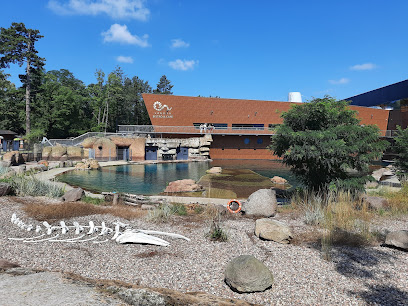
Wrocław Market Square
Discover the enchanting Wrocław Market Square, a historical treasure in Poland filled with vibrant culture, stunning architecture, and delightful local cuisine.
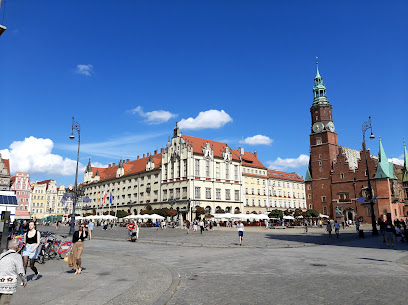
Szczytnicki Park
Discover the natural beauty and cultural richness of Szczytnicki Park, one of Wrocław's oldest and largest parks, featuring a stunning Japanese Garden.
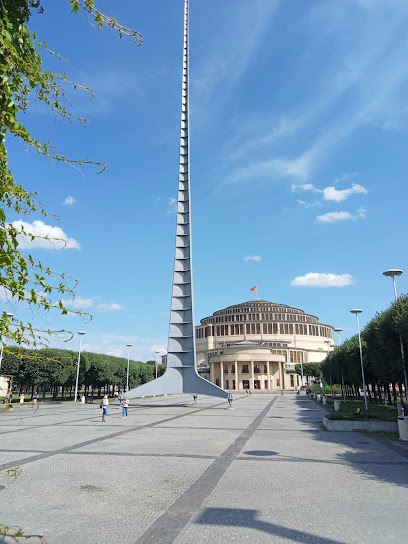
Panorama of the Battle of Racławice
Discover the breathtaking Panorama of the Battle of Racławice, a stunning visual masterpiece and a testament to Polish history in Wrocław.
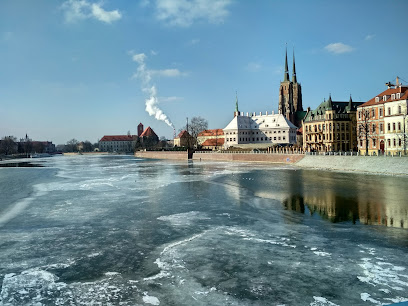
Japanese Garden
Discover the beauty and tranquility of Wrocław's Japanese Garden, a serene escape filled with lush landscapes and cultural charm.
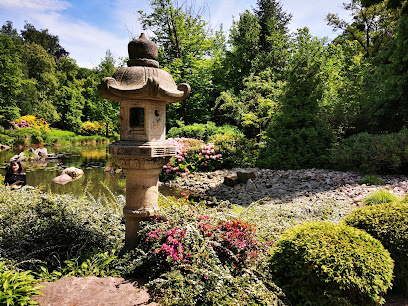
Tumski Bridge
Discover the enchanting Tumski Bridge in Wrocław, where love meets history amidst picturesque views and charming architecture.
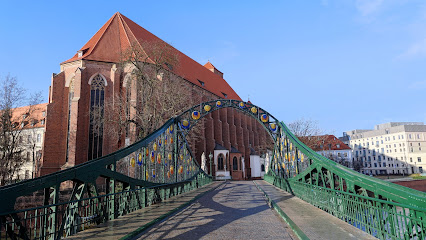
Wrocław Multimedia Fountain
Experience the enchanting Wrocław Multimedia Fountain – a breathtaking blend of water, light, and music in the heart of Poland's cultural gem.
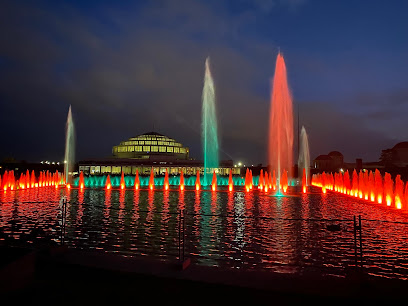
Kolejkowo
Explore the enchanting world of Kolejkowo in Wrocław, where intricate miniature landscapes and charming model trains create a delightful experience for all ages.
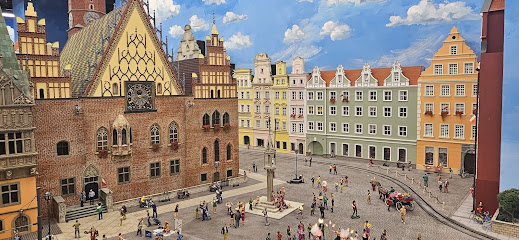
Botanical Garden of the University of Wrocław
Discover the beauty and tranquility of the Botanical Garden of the University of Wrocław, a lush haven filled with diverse plant species and serene landscapes.
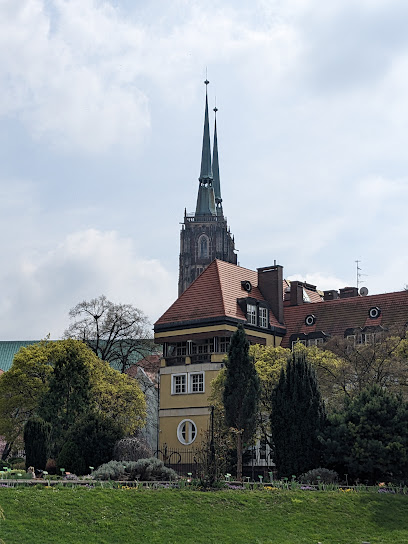
Centennial Hall
Explore the architectural beauty of Centennial Hall in Wrocław, a UNESCO World Heritage site hosting vibrant events and exhibitions.
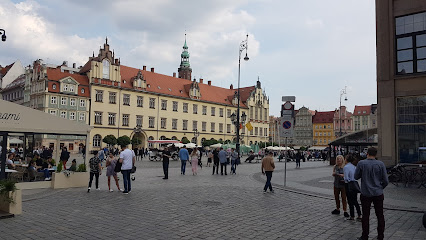
Cathedral of St. John the Baptist
Explore the Cathedral of St. John the Baptist in Wrocław, a stunning Gothic masterpiece with breathtaking architecture and serene ambiance.
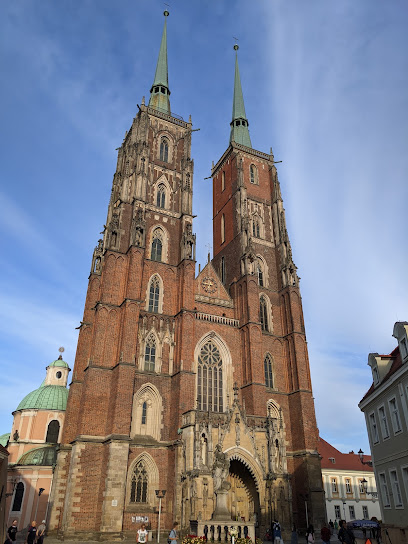
Bridge of Penitents
Discover the breathtaking views and serene atmosphere of the Bridge of Penitents in Wrocław, a must-visit scenic spot for all travelers.
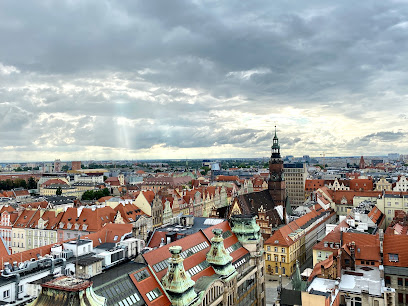
National Museum in Wrocław
Explore the National Museum in Wrocław: A Cultural Haven Showcasing Polish and International Art.
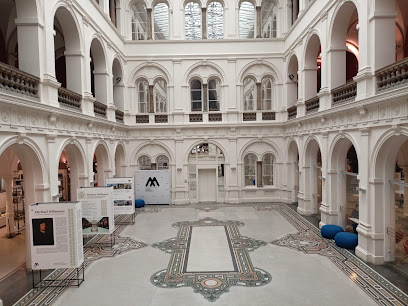
Nicolaus Copernicus Park
Discover the lush greenery and cultural charm of Nicolaus Copernicus Park in Wrocław, a serene retreat for nature lovers and history enthusiasts.
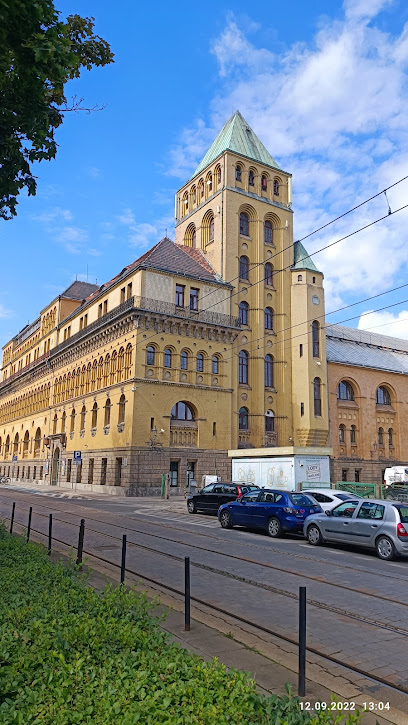
Hydropolis
Explore the wonders of water at Hydropolis, Wrocław's premier science museum, where education meets inspiration for all ages.
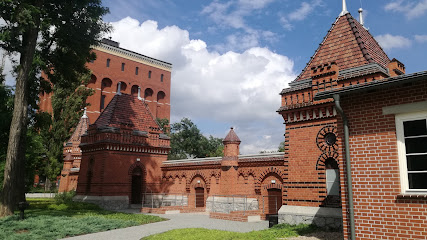
Unmissable attractions to see
ZOO Wrocław
Discover the captivating wildlife and scenic beauty at ZOO Wrocław, a top tourist attraction in Poland that delights visitors of all ages.
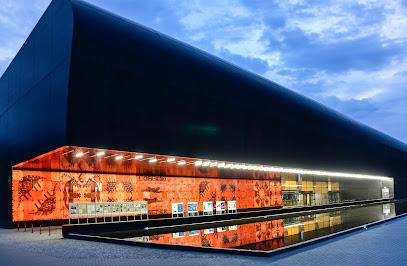
Wrocławski Rynek
Explore Wrocławski Rynek, the largest medieval market square in Europe, rich in history, culture, and vibrant local life.
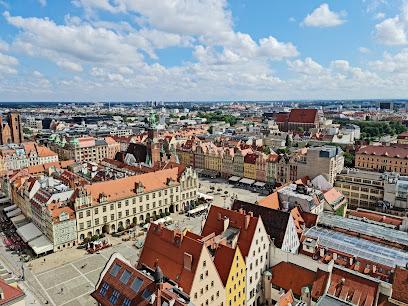
Racławice Panorama
Explore the Racławice Panorama in Wrocław, a breathtaking historic masterpiece that vividly captures a pivotal moment in Polish history through art.
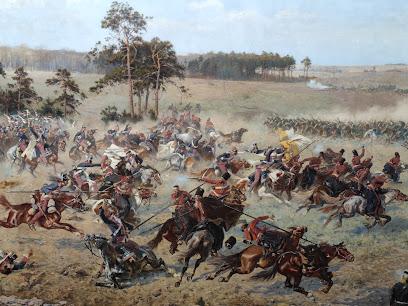
Ogród Japoński
Discover the tranquility of Wrocław's Japanese Garden, a cultural gem featuring stunning landscapes and traditional Japanese designs in the heart of Poland.
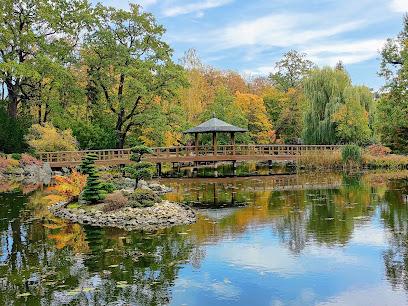
Most Tumski
Discover the enchanting Most Tumski in Wrocław, a picturesque bridge of love connecting history and breathtaking views of the Odra River.
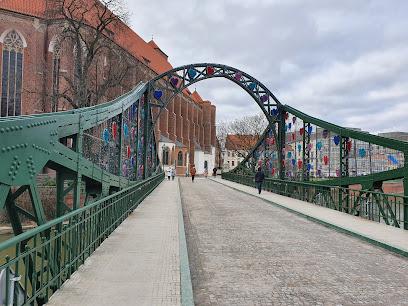
Kolejkowo
Discover the magic of Kolejkowo, Wrocław's enchanting miniature railway attraction featuring stunning landscapes and animated scenes.
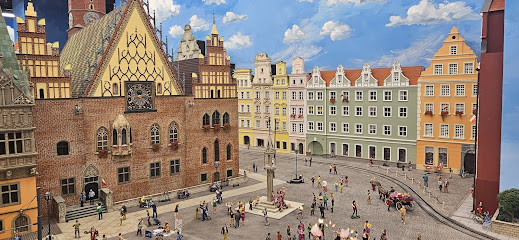
Botanical Garden of the University of Wrocław
Discover the enchanting beauty of Wrocław's Botanical Garden, a serene escape filled with diverse plant species and stunning landscapes.
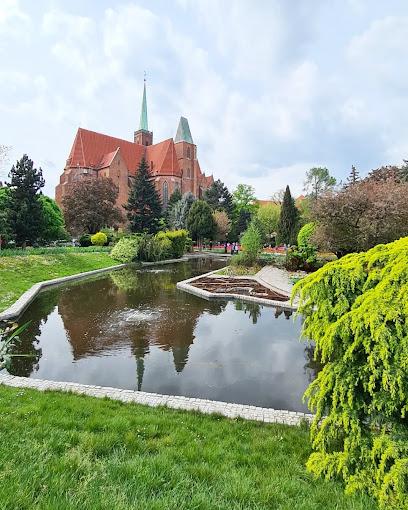
Centennial Hall
Discover the architectural marvel of Centennial Hall in Wrocław, a UNESCO World Heritage Site blending history, culture, and stunning design.
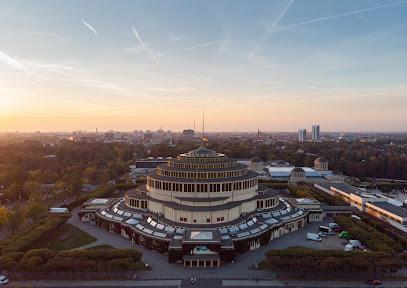
National Forum of Music
Explore the National Forum of Music in Wrocław, where exceptional acoustics meet stunning architecture in a cultural hub for music lovers.
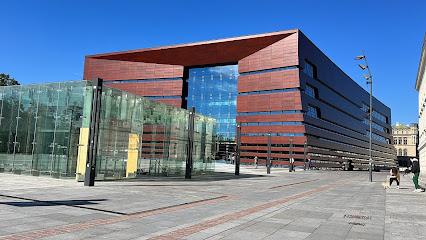
Church of Peace in Świdnica
Experience the awe of the Church of Peace in Świdnica, a UNESCO World Heritage site showcasing stunning architecture and rich cultural history.
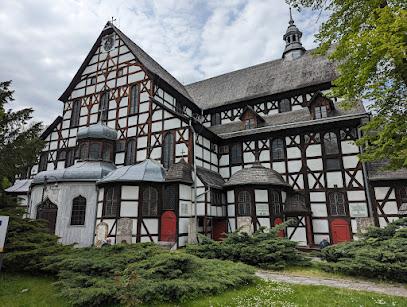
National Museum in Wrocław
Explore the National Museum in Wrocław, a cultural hub showcasing Poland's rich artistic heritage and historical artifacts.
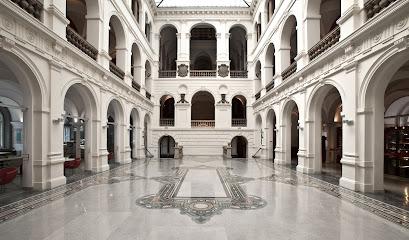
Nicolaus Copernicus Park
Explore Nicolaus Copernicus Park, a tranquil oasis in Wrocław featuring stunning landscapes, family-friendly attractions, and serene pathways for relaxation.
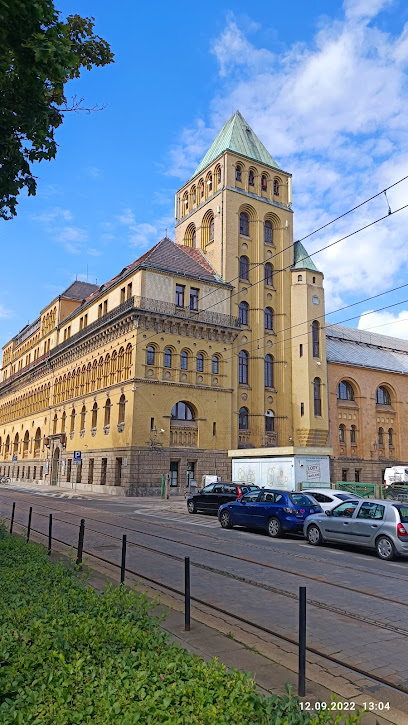
Ślęża Landscape Park
Discover the enchanting natural beauty and rich biodiversity of Ślęża Landscape Park in Poland, a perfect getaway for nature lovers and adventure seekers.
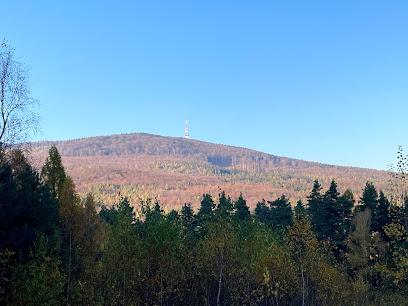
Hydropolis
Explore Hydropolis: Wrocław's premier science museum dedicated to the wonders of water, perfect for families and curious minds alike.
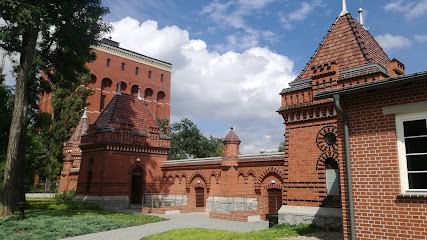
Grunwald Bridge
Explore the stunning Grunwald Bridge in Wrocław, where architectural beauty meets rich history along the scenic Odra River.
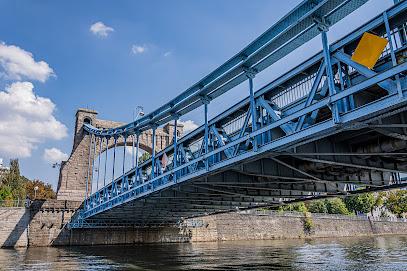
Essential places to dine
Whiskey in the Jar
Experience exceptional steaks and craft brews at Whiskey in the Jar - Wrocław's top culinary destination.
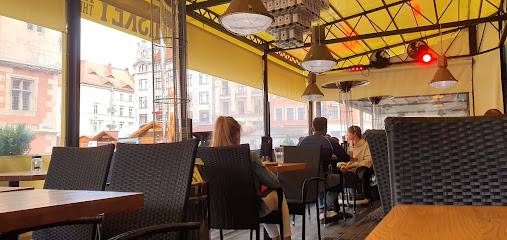
Pierogarnia Rynek 26
Experience authentic Polish cuisine at Pierogarnia Rynek 26 - home of exquisite pierogi and traditional dishes in Wrocław's vibrant center.
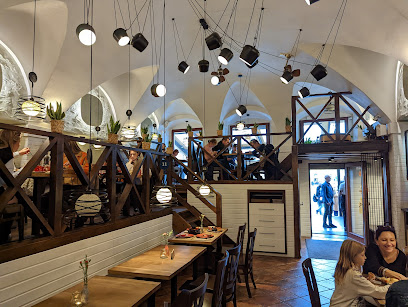
Spiż - Microbrewery and Restaurant
Discover the vibrant flavors of Poland at Spiż - Microbrewery and Restaurant in Wrocław's charming Old Town.
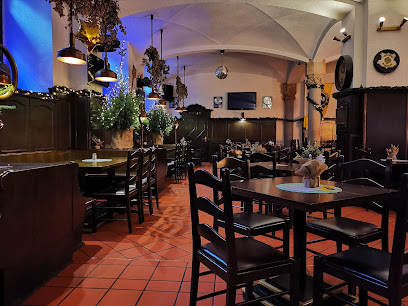
Konspira
Discover the flavors of Poland at Konspira in Wrocław - where tradition meets taste in every delightful dish.
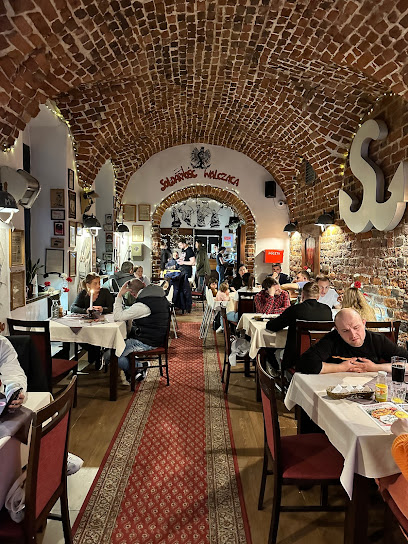
Bernard Piwiarnia- Restauracja
Savor authentic Czech cuisine in Wrocław's lively market square at Bernard Piwiarnia - where tradition meets flavor.
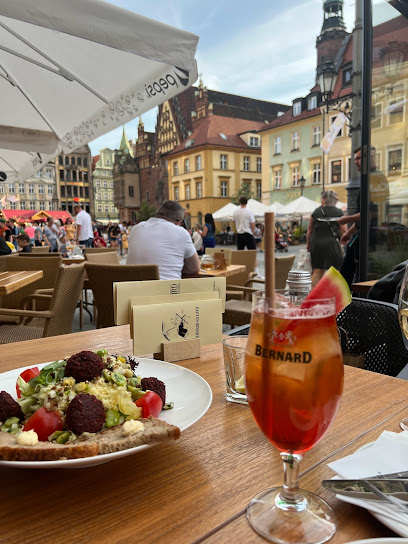
Drevny Kocur OVO Wroclaw
Experience authentic Czech cuisine at Drevny Kocur OVO in Wrocław - where tradition meets flavor in every bite.
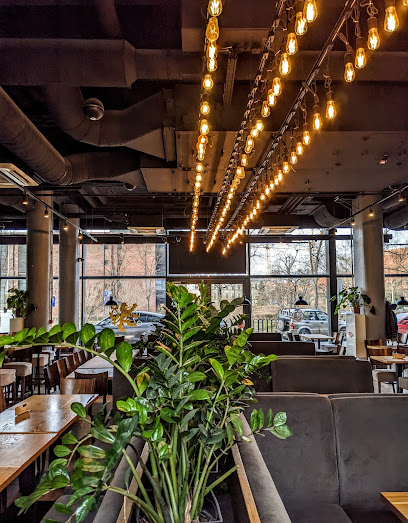
Restauracja Kurna Chata
Experience authentic Polish cuisine at Restauracja Kurna Chata in Wrocław - where tradition meets taste in a cozy setting.
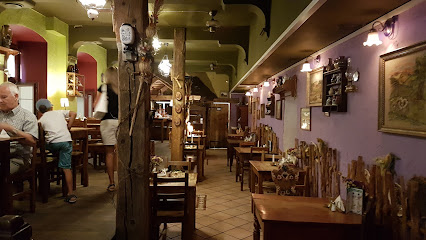
Prewar
Experience authentic Polish flavors at Prewar Bistro in Wrocław, where tradition meets comfort in every dish.
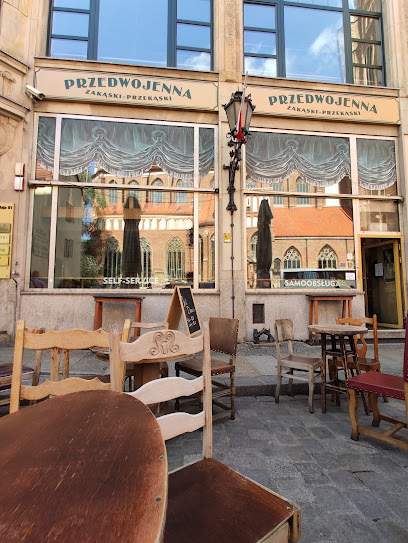
Charlotte
Discover authentic French flavors at Charlotte in Wrocław - a charming bistro known for its delightful pastries and exquisite dining experiences.
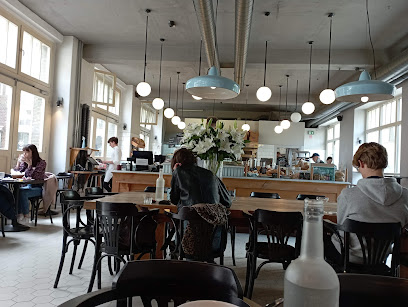
Szynkarnia
Discover Szynkarnia in Wrocław - where traditional Polish cuisine meets modern culinary artistry in a cozy setting.
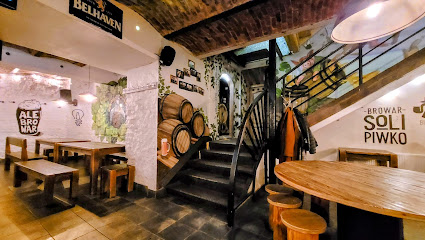
Hard Rock Cafe
Experience authentic American cuisine and vibrant rock culture at Hard Rock Cafe Wrocław - a must-visit destination for foodies and music lovers alike.
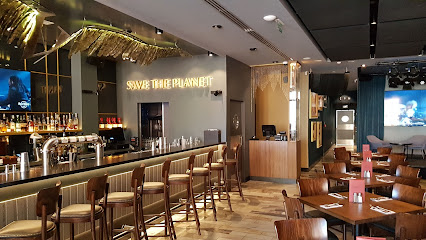
Chinkalnia Wrocław Sukiennice
Discover authentic Georgian flavors in the heart of Wrocław at Chinkalnia Sukiennice—where tradition meets taste.
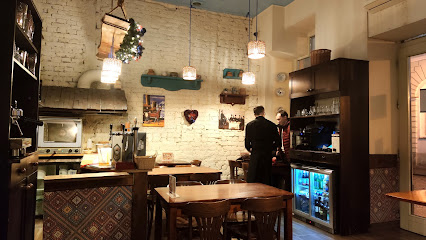
Masala Grill & Bar
Experience authentic Indian cuisine at Masala Grill & Bar in Wrocław - where every dish tells a story.
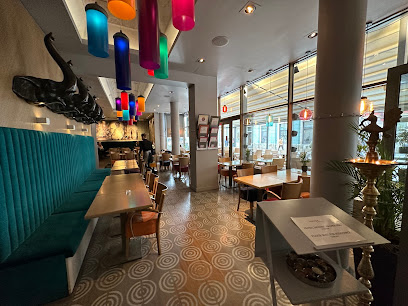
Restauracja Bella Storia
Savor authentic Southern Italian cuisine at Restauracja Bella Storia in Wrocław - where every dish tells a story.
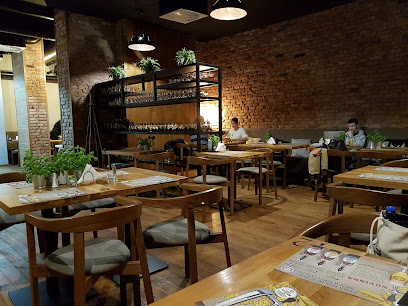
Kontynuacja
Discover Kontynuacja in Wrocław: A vibrant brewpub offering craft beers and delicious food in a cozy atmosphere.
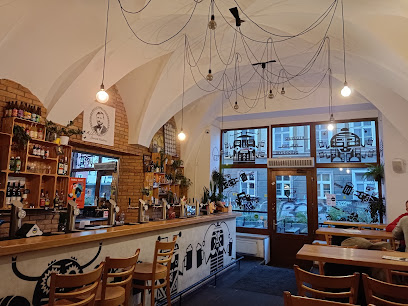
Markets, malls and hidden boutiques
Wrocław Market Square
Explore Wrocław Market Square, a vibrant historical center filled with stunning architecture, shops, and a lively atmosphere perfect for tourists.
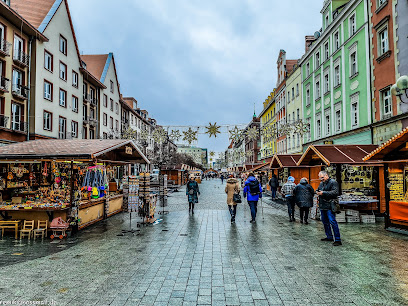
Wroclavia
Explore Wroclavia, Wrocław's vibrant shopping destination with over 200 stores, dining options, and entertainment for an unforgettable experience.
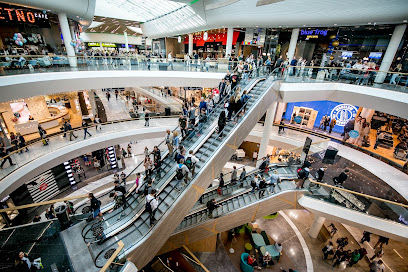
Magnolia Park
Discover Magnolia Park in Wrocław - a vibrant shopping mall with top brands, delightful eateries, and family-friendly activities for all.
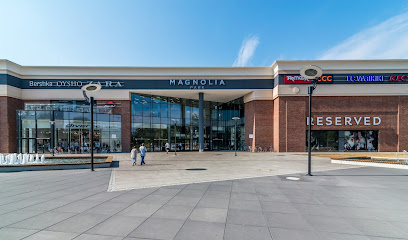
Galeria Dominikańska
Discover Galeria Dominikańska - Wrocław's premier shopping mall with top brands, delightful dining, and vibrant atmosphere in the heart of the city.
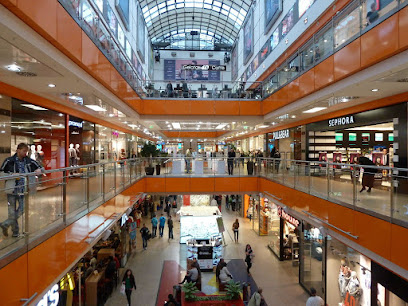
Sky Tower
Explore Sky Tower, Wrocław's tallest building, offering shopping, dining, and stunning city views, making it a must-visit destination for tourists.
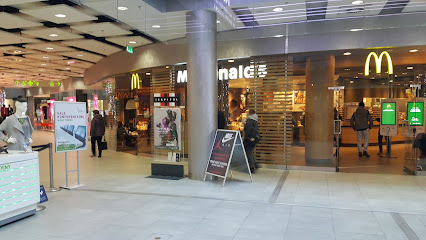
Pasaż Grunwaldzki
Discover the ultimate shopping experience at Pasaż Grunwaldzki, where variety meets convenience in the heart of Wrocław.
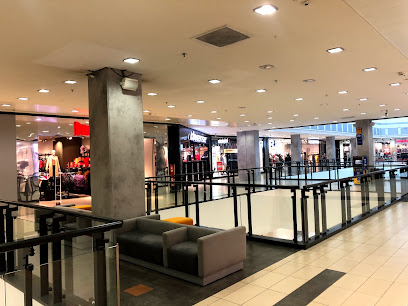
Wrocław Fashion Outlet
Discover unbeatable deals and a diverse shopping experience at Wrocław Fashion Outlet, your premier shopping destination in Poland.
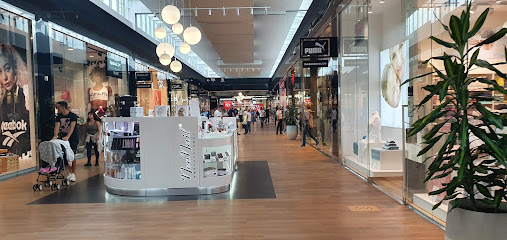
Arkady Wrocławskie
Explore Arkady Wrocławskie, a dynamic shopping mall in Wrocław, Poland, offering an array of shops, dining, and entertainment for all visitors.
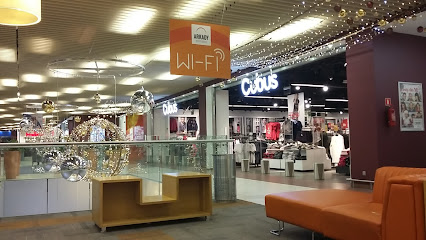
Market Hall
Explore the Market Hall of Wrocław, a vibrant bazar filled with fresh produce, local delicacies, and a taste of authentic Polish culture.
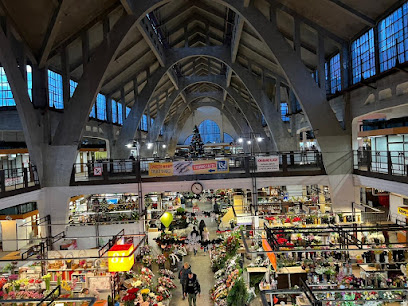
Renoma
Discover Renoma, Wrocław’s premier shopping mall, where fashion meets culture in a vibrant atmosphere filled with stylish shops and delightful dining options.
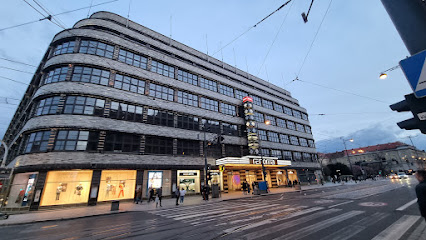
Carrefour
Discover the heart of Polish cuisine at Carrefour in Wrocław, offering fresh produce, local delicacies, and a unique shopping experience.
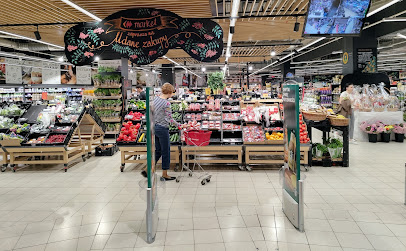
Flying Tiger Copenhagen
Explore the colorful and unique offerings of Flying Tiger Copenhagen, Wrocław's favorite gift shop for quirky finds and memorable souvenirs.
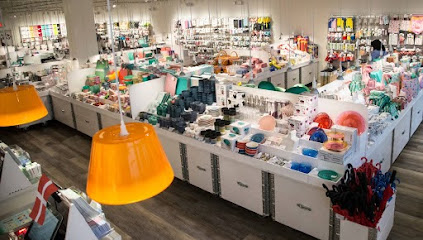
Viktor Shopping Center
Explore the Viktor Shopping Center in Wrocław for shopping, dining, and entertainment in a lively atmosphere perfect for tourists.
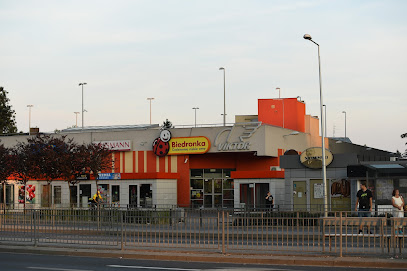
Galeria Sylwia
Discover the vibrant Galeria Sylwia in Wrocław, where shopping, dining, and entertainment come together for an unforgettable experience.
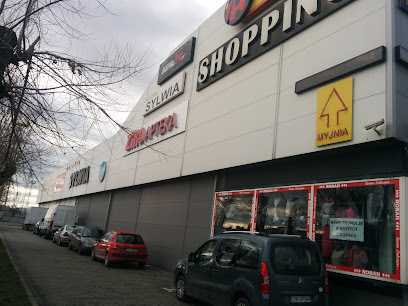
El Gato Specialty Coffee Roasters
Discover the heart of Wrocław's coffee culture at El Gato Specialty Coffee Roasters, where exceptional brews and a warm atmosphere await.
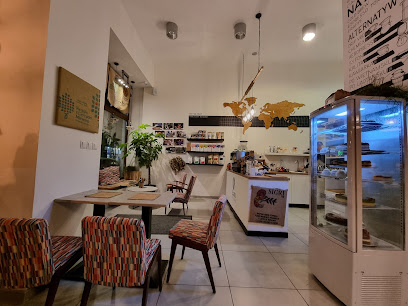
Essential bars & hidden hideouts
Czupito
Experience the vibrant nightlife of Wrocław at Czupito, a popular lounge and pub known for its extensive shot menu and lively atmosphere.
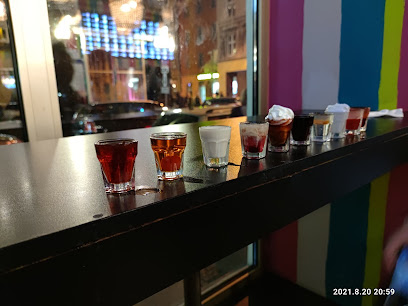
Kontynuacja
Discover the best of Wrocław's craft beer culture at Kontynuacja Brewpub, where delicious food meets a vibrant atmosphere.
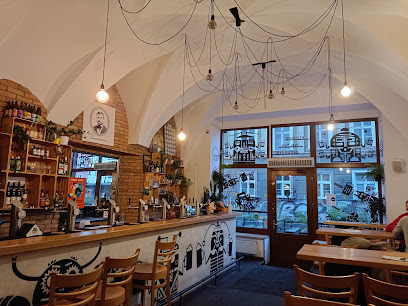
Vertigo Jazz Club & Restaurant
Discover Wrocław's vibrant nightlife at Vertigo Jazz Club & Restaurant, where exceptional live jazz meets exquisite dining in a stylish atmosphere.
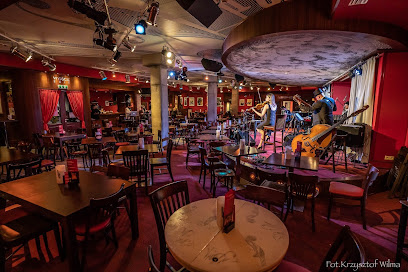
ZaZoo Beach Bar
Experience the lively ambiance of ZaZoo Beach Bar, where refreshing drinks and stunning waterfront views create unforgettable moments in Wrocław.
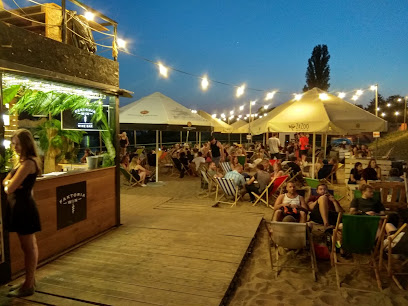
Pub Pod Trzema Miotłami
Experience the whimsical charm of Pub Pod Trzema Miotłami in Wrocław, a brewpub that brings Harry Potter magic to craft beer lovers.
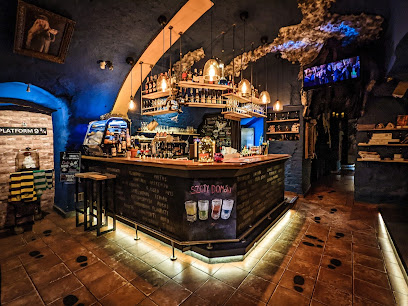
Guinness
Discover the vibrant atmosphere of Guinness pub in Wrocław, where traditional charm meets a modern pub experience with local brews and hearty meals.
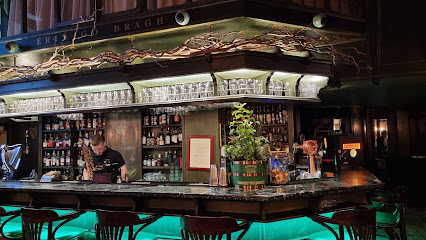
AleBrowar
Experience the best of Wrocław's craft beer scene at AleBrowar, where unique brews meet delicious pizzas in a lively atmosphere.
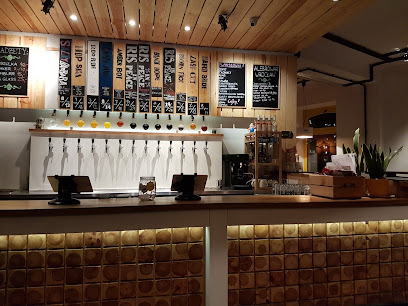
Pod Latarniami
Experience the charm of Wrocław at Pod Latarniami, where unique cocktails and a cozy atmosphere await you.
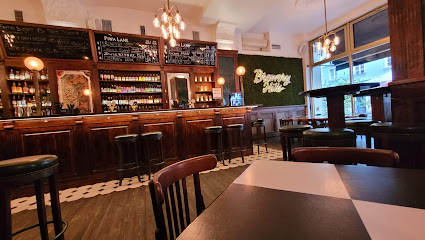
Szklarnia Cocktail Bar
Discover Szklarnia Cocktail Bar, Wrocław's vibrant hub for unique cocktails and lively atmosphere, perfect for a memorable night out.
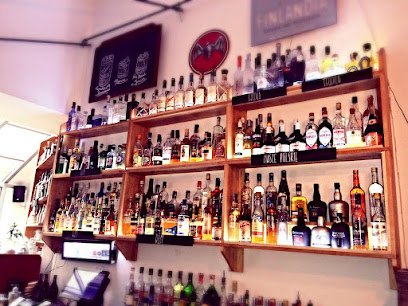
XIII Igieł
Experience the vibrant atmosphere and exquisite craft beers at XIII Igieł, Wrocław's charming brewpub nestled in the city's historic center.
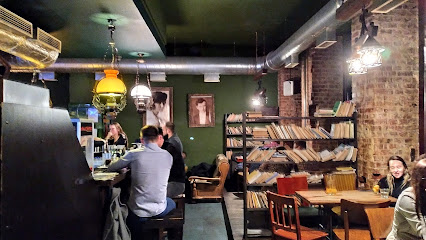
Papa Bar
Experience the essence of Wrocław nightlife at Papa Bar, where innovation meets tradition in every cocktail.
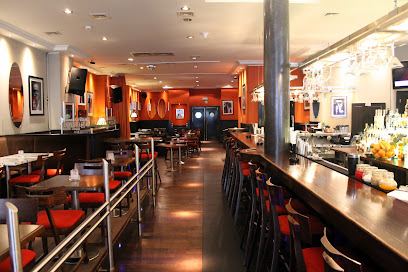
Schody Donikąd
Discover Wrocław's nightlife at Schody Donikąd, a cocktail bar offering fantastic drinks, live music, and a vibrant dance atmosphere for an unforgettable experience.
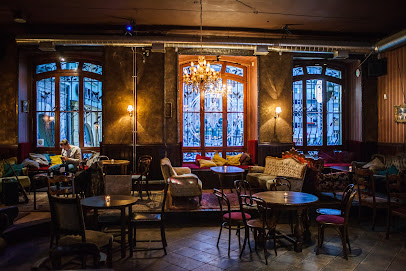
Nietota Bar
Experience Wrocław's vibrant nightlife at Nietota Bar, where live music, expertly crafted cocktails, and a lively atmosphere come together.
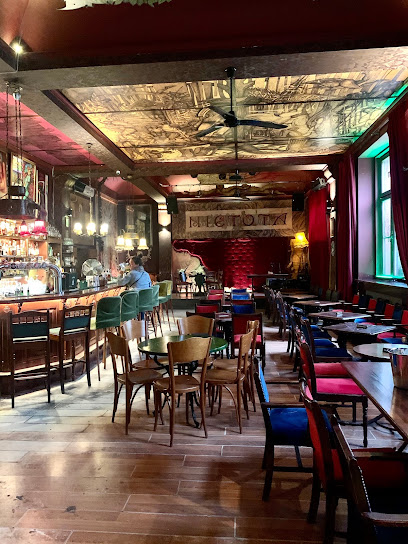
Salvador- la hacienda de uciecha
Discover Wrocław's delightful cocktail culture at Salvador - La Hacienda de Uciecha, where vibrant drinks and a welcoming lounge atmosphere await.
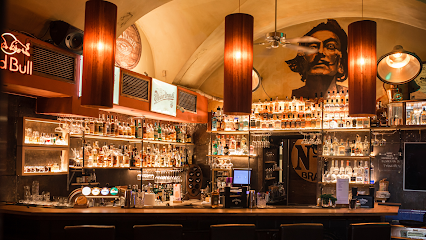
Local Phrases
-
- HelloCześć
[cheshch] - GoodbyeDo widzenia
[do veedzenya] - YesTak
[tak] - NoNie
[nye] - Please/You're welcomeProszę
[prosheh] - Thank youDziękuję
[jen-koo-yeh] - Excuse me/SorryPrzepraszam
[pshay-prasham] - How are you?Jak się masz?
[yahk shay mahsh] - Fine. And you?Dobrze. A ty?
[dob-zheh. ah tee] - Do you speak English?Czy mówisz po angielsku?
[chi moo-veesh poh ahn-gyel-skoo] - I don't understandNie rozumiem
[nye roh-zoo-myem]
- HelloCześć
-
- I'd like to see the menu, pleaseChciałbym zobaczyć menu, proszę
[hchya-wym zoh-bah-chich meh-noo, pro-sheh] - I don't eat meatNie jem mięsa
[nye yem myen-sah] - Cheers!Na zdrowie!
[nah zdrovh-yeh] - I would like to pay, pleaseChciałbym zapłacić, proszę
[hchya-wym zah-plah-cheech, pro-sheh]
- I'd like to see the menu, pleaseChciałbym zobaczyć menu, proszę
-
- Help!Pomocy!
[poh-moh-tsi] - Go away!Idź stąd!
[eej stohnd] - Call the Police!Zadzwoń po policję!
[zahd-voon poh poh-leetz-yeh] - Call a doctor!Zadzwoń po lekarza!
[zahd-voon poh leh-kah-zah] - I'm lostZgubiłem się
[zgoo-bee-wem sheh] - I'm illJestem chory
[yeh-stem hoh-ree]
- Help!Pomocy!
-
- I'd like to buy...Chciałbym kupić...
[hchya-wym koo-peech] - I'm just lookingTylko się rozglądam
[tsoo-koh sh-eh rohz-gwah-dam] - How much is it?Ile to kosztuje?
[ee-leh toh kohs-too-yeh] - That's too expensiveTo jest za drogie
[toh yest zah droh-gyeh] - Can you lower the price?Czy mogę liczyć na obniżkę cen?
[chi moh-geh leech-eech nah ohb-nee-sh-keh tsehn]
- I'd like to buy...Chciałbym kupić...
-
- What time is it?Która jest godzina?
[ktoh-rah yest goh-dzee-nah] - It's one o'clockJest pierwsza
[yest pyem-vee-shah] - Half past (10)Pół do (10)
[pohw doh] - MorningRano
[rah-noh] - AfternoonPopołudnie
[poh-poo-wood-nyeh] - EveningWieczór
[vyeh-choor] - YesterdayWczoraj
[v-choh-rye] - TodayDzisiaj
[jee-shy-ay] - TomorrowJutro
[yoo-troh] - 1Jeden
[yeh-den] - 2Dwa
[dvah] - 3Trzy
[tshi] - 4Cztery
[ch-teh-ri] - 5Pięć
[pyench] - 6Sześć
[sheshch] - 7Siedem
[shyeh-dem] - 8Osiem
[oh-shem] - 9Dziewięć
[jeh-vyench] - 10Dziesięć
[jeh-shyench]
- What time is it?Która jest godzina?
-
- Where's a/the...?Gdzie jest...
[gdz-yeh yest] - What's the address?Jaki jest adres?
[yah-kee yest ah-dress] - Can you show me (on the map)?Czy możesz mi pokazać (na mapie)?
[chi moo-zhesh mee poh-kah-zahch (nah mah-pee-eh)] - When's the next (bus)?Kiedy jest następny (autobus)?
[kyeh-dy yest nah-stemp-ny (ow-toh-boos)] - A ticket (to ....)Bilet (do ...)
[bee-let (doh)]
- Where's a/the...?Gdzie jest...
History of Wroclaw
-
Wroclaw, originally known as Vratislav, was founded in the 10th century. The city's strategic location on the Oder River made it an important trade hub. It became part of the Kingdom of Poland in 990 under the rule of Mieszko I, the first historical ruler of Poland.
-
During the medieval period, Wroclaw flourished as a member of the Hanseatic League, a powerful economic alliance of trading cities. The city became known for its thriving market square and Gothic architecture, some of which still stand today, such as the magnificent Wroclaw Town Hall.
-
In the 16th century, Wroclaw came under the control of the Habsburg Monarchy. The city experienced significant cultural and architectural development during this period, including the construction of Baroque churches and palaces.
-
In 1741, Wroclaw was annexed by Prussia following the Silesian Wars. The city became known as Breslau during this time. Prussian rule brought industrialization and modernization, transforming Wroclaw into one of the most important cities in the German Empire.
-
Wroclaw suffered extensive damage during World War II. As a fortress city, it was the site of a prolonged and destructive siege by Soviet forces in 1945. Much of the city was left in ruins, and its German population was expelled following the war.
-
After the war, Wroclaw was incorporated into Poland, and a massive reconstruction effort began. The city was repopulated by Poles, many of whom were displaced from regions annexed by the Soviet Union. Efforts to restore Wroclaw's historical buildings were undertaken, preserving its rich architectural heritage.
-
In the late 20th and early 21st centuries, Wroclaw experienced a cultural renaissance. The city became known for its vibrant arts scene, numerous festivals, and as a center of higher education. In 2016, Wroclaw was named the European Capital of Culture, further cementing its status as a cultural hub.
-
Today, Wroclaw is a dynamic city known for its blend of historical charm and modern innovation. It is home to a diverse population and boasts a thriving economy, making it a popular destination for tourists and businesses alike. Key landmarks include the picturesque Ostrow Tumski, the Market Square, and the Centennial Hall, a UNESCO World Heritage Site.
Wroclaw Essentials
-
Wroclaw is well-connected by air, rail, and road. The Wroclaw Copernicus Airport (WRO) offers flights to numerous European cities. From the airport, you can reach the city center by taxi, bus (Line 106 or 206), or the airport shuttle. Wroclaw is also a major railway hub with connections to many Polish cities and international destinations. If traveling by car, Wroclaw is accessible via major highways such as the A4 motorway.
-
Wroclaw has an extensive public transportation network, including buses and trams. Tickets can be purchased at kiosks, ticket machines, or via mobile apps, and must be validated upon boarding. Taxis are available but ensure they are licensed. Bike rentals and electric scooters are also popular options for getting around. Walking is a great way to explore the city center.
-
The official currency is the Polish Zloty (PLN). Credit and debit cards are widely accepted, but it's advisable to carry some cash for small purchases or in case you visit smaller establishments. ATMs are widely available throughout the city. Currency exchange offices (kantors) offer competitive rates and can be found in many locations.
-
Wroclaw is generally a safe city, but like any urban area, it's important to stay vigilant. Avoid poorly lit areas at night and keep an eye on your belongings, especially in crowded places. Areas near the main train station can be more prone to petty crime. Always use reputable taxi services and avoid unlicensed cabs.
-
In case of an emergency, dial 112 for immediate assistance. Wroclaw has well-equipped hospitals and medical facilities. Pharmacies (Apteka) are widely available and usually have English-speaking staff. It is advisable to have travel insurance that covers medical emergencies. The local police and tourist police are helpful and can provide assistance if needed.
-
Fashion: Do dress smartly if dining at upscale restaurants or attending cultural events. Casual attire is acceptable for sightseeing. Religion: Do be respectful when visiting churches; dress modestly and avoid loud behavior. Public Transport: Do validate your ticket upon boarding. Don't eat or drink on public transport. Greetings: Do greet people with a firm handshake. A nod or slight bow is also polite. Eating & Drinking: Do try local dishes and accept food with gratitude. Don't tip excessively; 10-15% is customary.
-
To experience Wroclaw like a local, visit the Hala Targowa market for fresh produce and local delicacies. Take a walk along the Odra River and explore the many islands and bridges. Attend a performance at the Wroclaw Opera House or a concert at the National Forum of Music. Don't miss the opportunity to explore Wroclaw's dwarfs (Krasnale) scattered throughout the city, a fun and unique treasure hunt.
Trending Landmark in Wroclaw
-
ZOO Wrocław
-
Wrocław Market Square
-
Szczytnicki Park
-
Panorama of the Battle of Racławice
-
Japanese Garden
-
Tumski Bridge
-
Wrocław Multimedia Fountain
-
Kolejkowo
-
Botanical Garden of the University of Wrocław
-
Centennial Hall
-
Cathedral of St. John the Baptist
-
Bridge of Penitents
-
National Museum in Wrocław
-
Nicolaus Copernicus Park
-
Hydropolis
Nearby Cities to Wroclaw
-
Things To Do in Opole
-
Things To Do in Hradec Králové
-
Things To Do in Poznan
-
Things To Do in Gliwice
-
Things To Do in Czestochowa
-
Things To Do in Ostrava
-
Things To Do in Olomouc
-
Things To Do in Kutná Hora
-
Things To Do in Lodz
-
Things To Do in Bielsko-Biala
-
Things To Do in Brno
-
Things To Do in Prague
-
Things To Do in Dresden
-
Things To Do in Bydgoszcz
-
Things To Do in Krakow
















